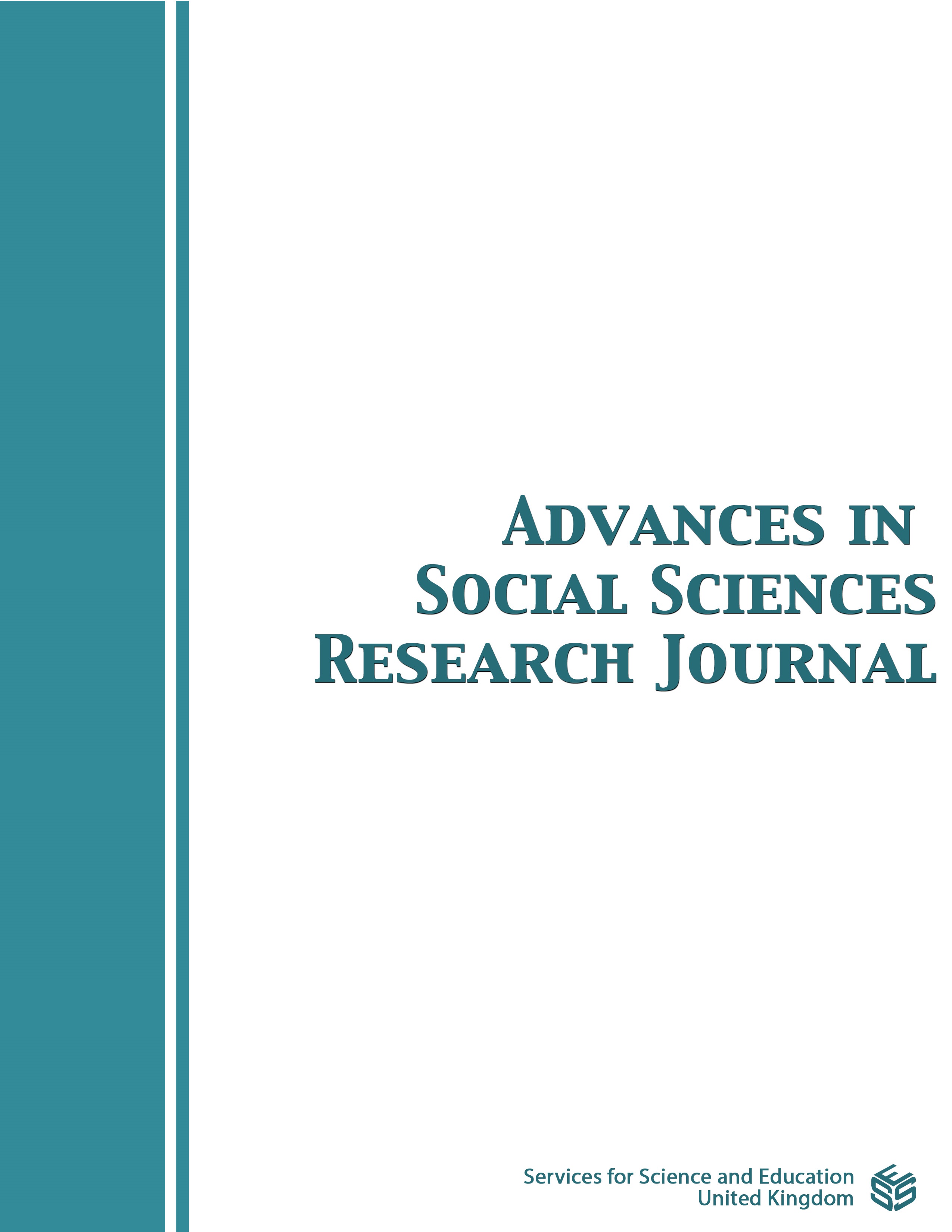A Study on the Impacts of social media Towards Job Performance among Lecturers in UiTM Shah Alam
DOI:
https://doi.org/10.14738/assrj.112.2.16408Keywords:
Social media, Job Performance, Lecturers, Synchronicity, DialogismAbstract
The widespread adoption of social media platforms has significantly transformed the way individuals communicate, interact, and share information. The existing research is limited in terms of industry representation and organizational levels, leaving a gap in our understanding of how social media usage affects different dimensions of job performance. The objective of the study was to examine the impact of social media on employees’ job performance in education sector. The aim was to provide insights for organizations to develop effective strategies and policies regarding social media usage in the workplace. The study was carried out among lecturers from the Faculty of Business and Management (FBM), Universiti Teknologi MARA (UiTM) Shah Alam with 66 responses. The sampling technique used was stratified sampling from Department of Economics and Financial Studies. Questionnaire was developed based on a 5-point Likert scale and reliability analysis accepted Cronbach’s Alpha more than 0.7. Based on the findings, all factors namely: (i) work-related use (ii) social-related use, (iii) synchronicity, (iv) dialogism, (v) richness, and (vi) mobility were correlated with job performance and only synchronicity and richness were the most significant factors influencing lecturers’ job performance. These highlighted that synchronization needed between people to work together and collaborate while richness represented by the need of understanding and the meaning shared in the organizations to perform a better job.
Downloads
Published
How to Cite
Issue
Section
License
Copyright (c) 2024 Syahida Aqilah Sulaiman, Maliza Delima Kamarul Zaman, Haney Shafira Abdul Halim, Nur Irdina Hanani Ismail, Nur Ismah Ariffin, Nik Nurul Izzah Nik Ahmad Zamzuri, Syafiqah Subaihah Mohd Adam, Adam Nur Alif Mohd Khalid

This work is licensed under a Creative Commons Attribution 4.0 International License.
Authors wishing to include figures, tables, or text passages that have already been published elsewhere are required to obtain permission from the copyright owner(s) for both the print and online format and to include evidence that such permission has been granted when submitting their papers. Any material received without such evidence will be assumed to originate from the authors.






